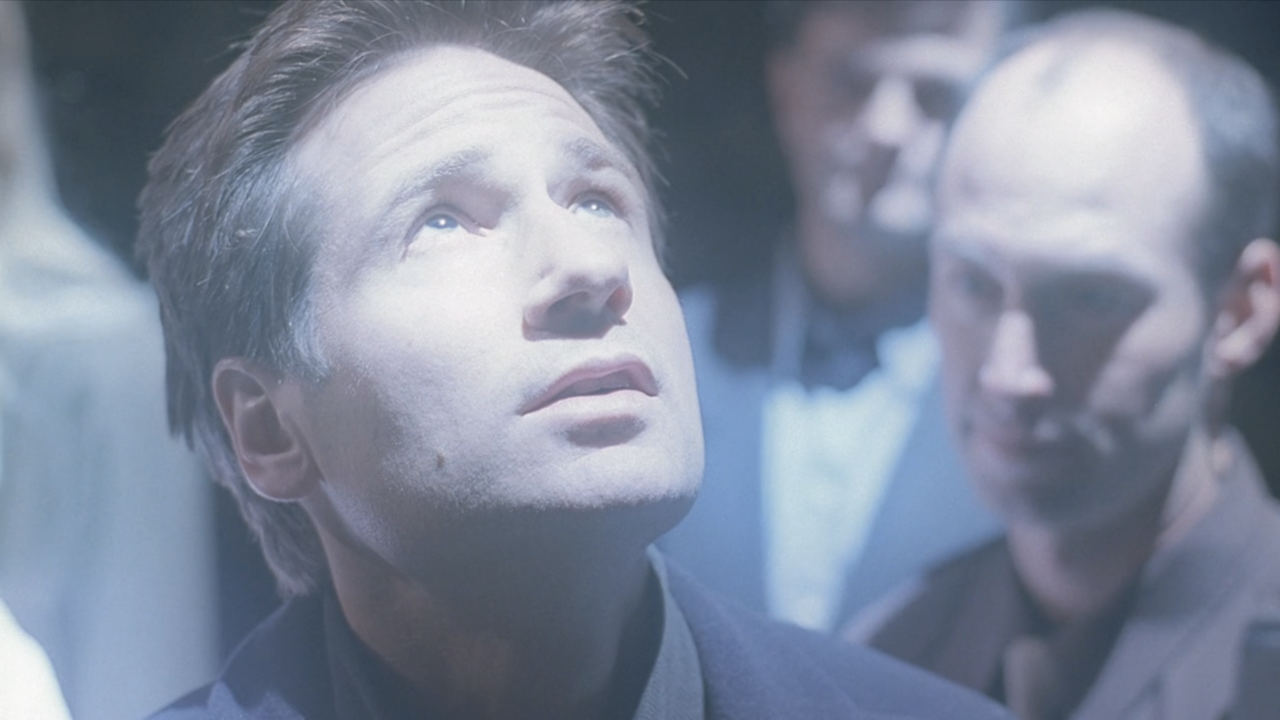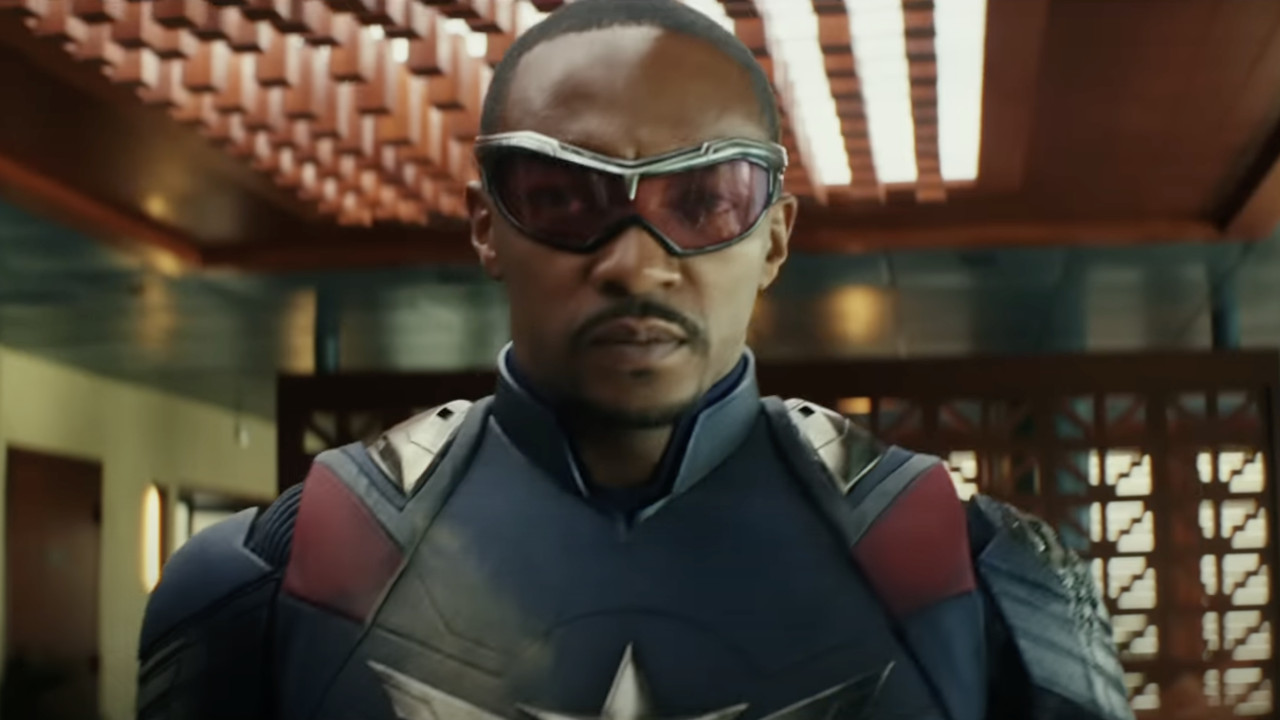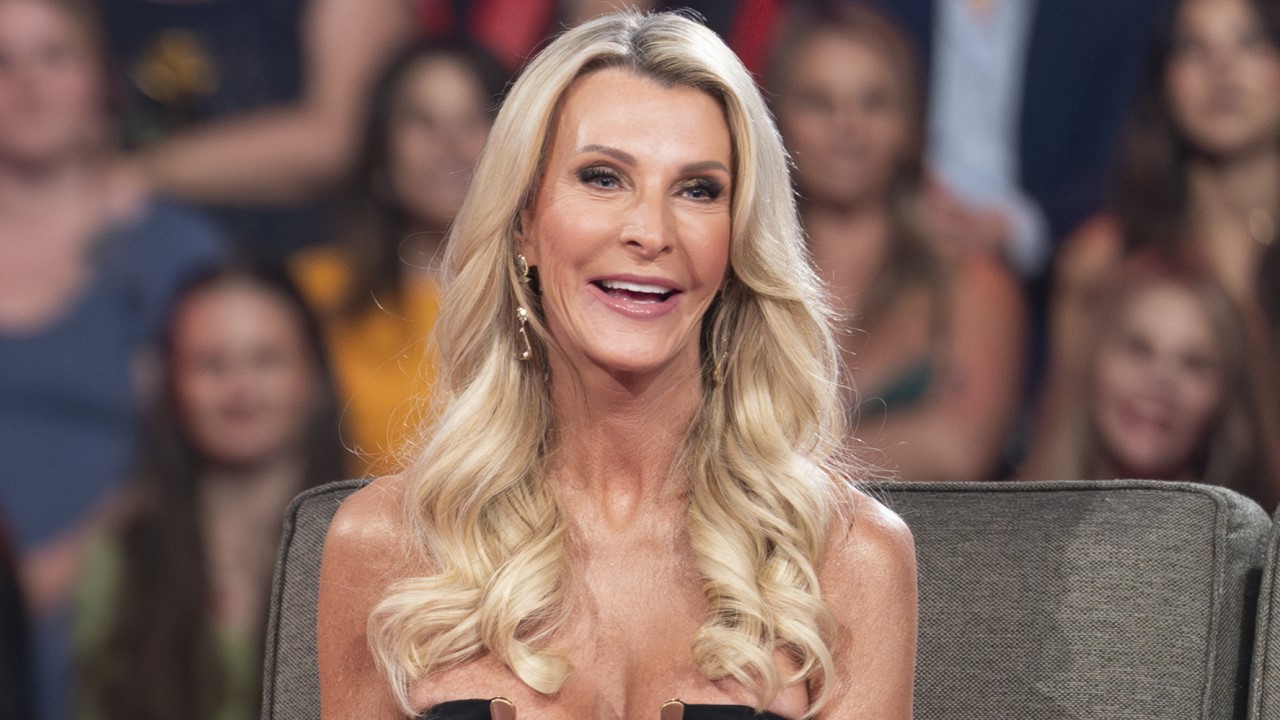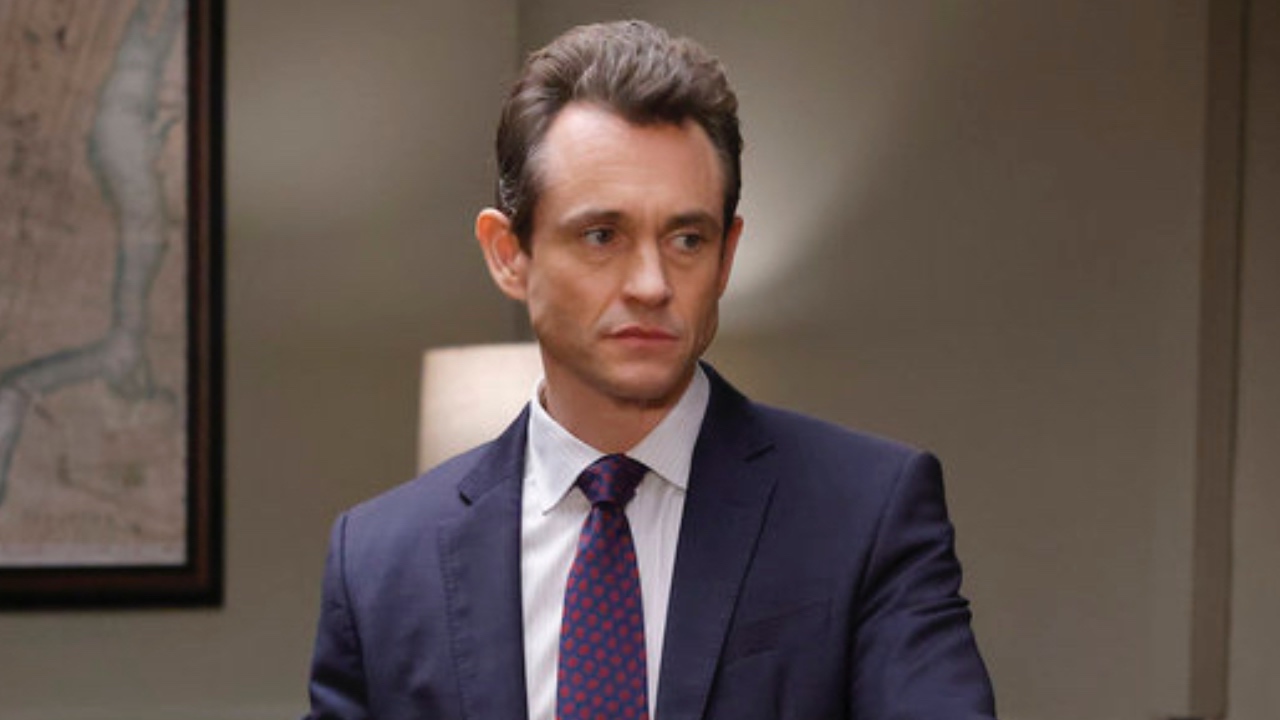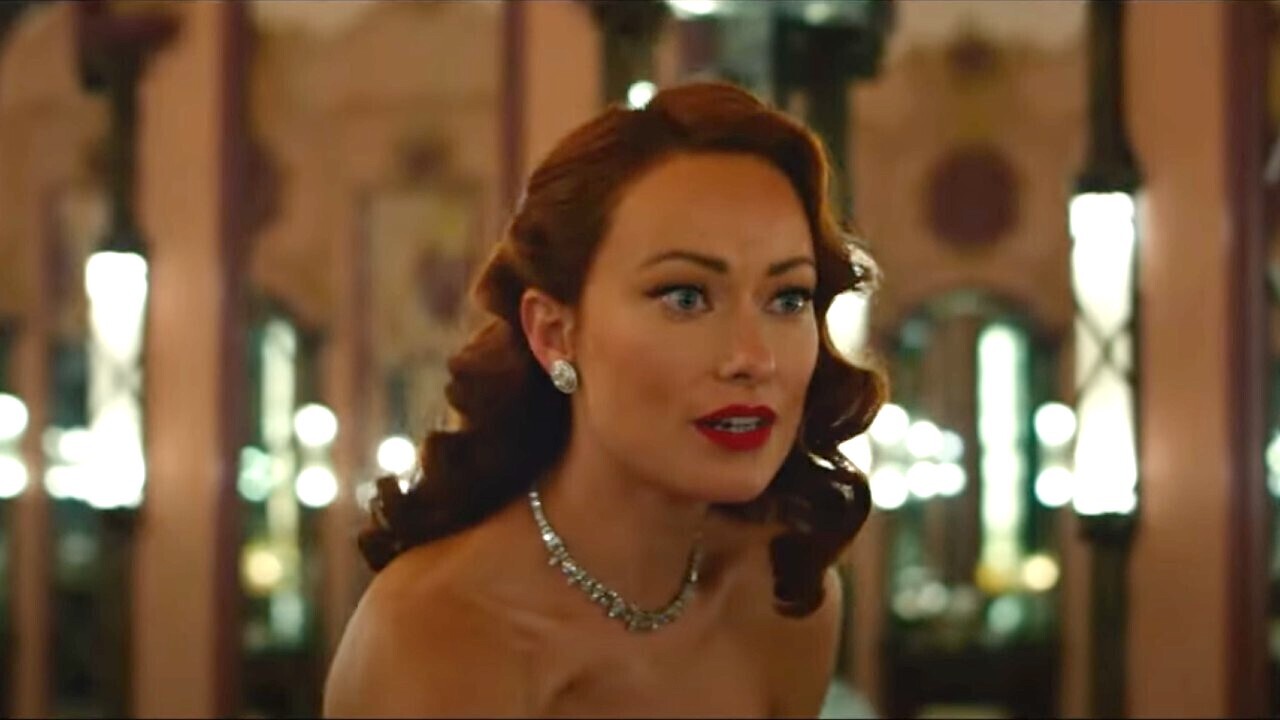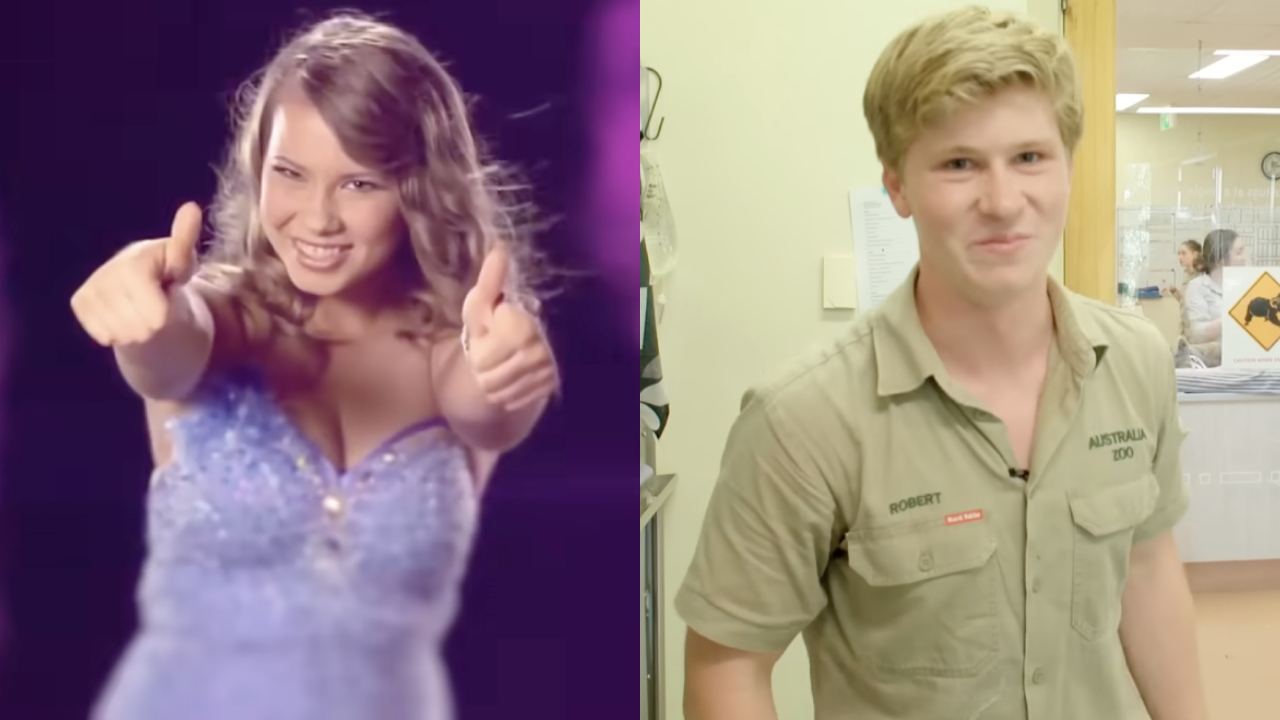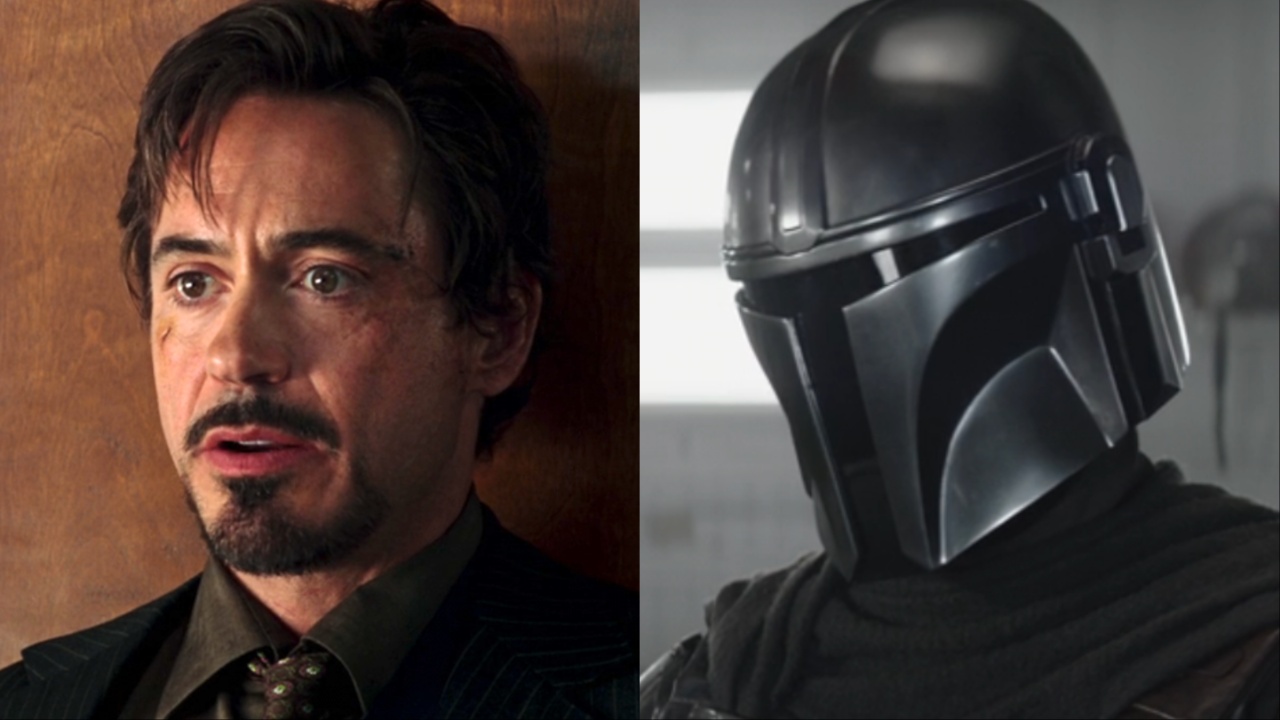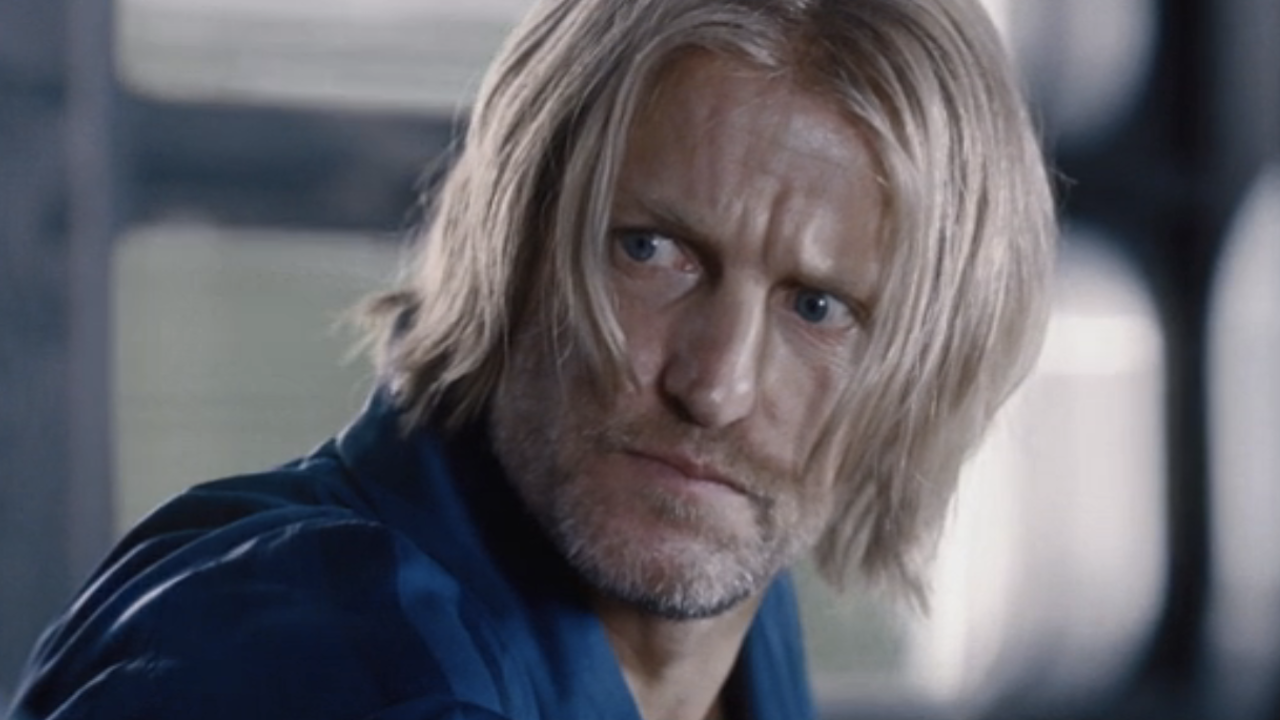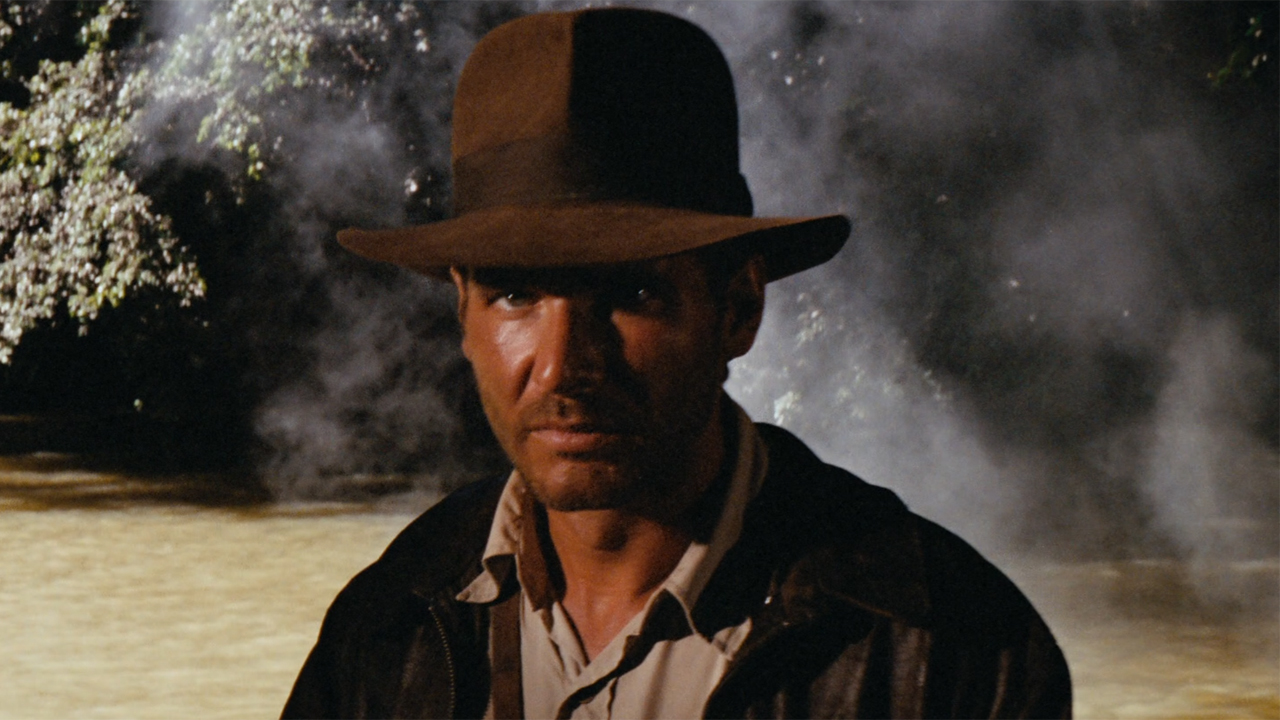Elizabeth Banks Explains Why The Hunger Games Is So Popular
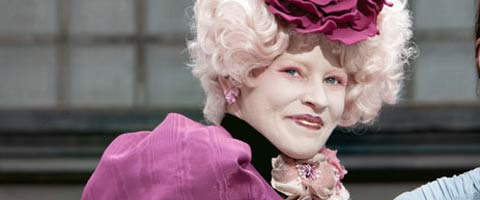
I'm sure that there are people over at Lionsgate who are crossing their fingers and don’t want to get too amped for opening weekend, but the truth is that The Hunger Games is going to make a ridiculous amount of money this weekend. Fans of the book have been waiting for this week for months and I can guarantee you that many of them will be heading to the theater more than once. But what is it about The Hunger Games that makes it so popular? Having recently had the chance to sit down one-on-one with Elizabeth Banks I took the opportunity to ask her.
In the interview below Banks not only talks about the phenomenon, but also working with Gary Ross for the second time, her opinion of Effie Trinket as a person, and how she approached the full trilogy while learning the character.
I know that you were a big fan of these books going in, so just looking at it from the outside, this story really has become a phenomenon and I was hoping you could tell me why you think that is.
Well, first of all, the way she writes the book – they’re just page-turners. You can’t put them down. So there’s that. Rebellious teen at the heart of it, I think a lot of people can relate to that, and there’s a great love story, of course. But most importantly I think it really speaks to our time. There’s just something in the zeitgeist right now about media and using media not just to entertain but to shape our world – oppressive governments, youth revolts. It’s happening around the world right now.
Even the Occupy movement and the 99%.
Of course! The whole Occupy movement, I think, is reflected in these books. So Suzanne [Collins] really was tapping into…she set it in the future, but she obviously was tapping into something that she felt was around us and in our universe.
I think that’s what’s great about the science-fiction genre in general.
CINEMABLEND NEWSLETTER
Your Daily Blend of Entertainment News
Yeah, always. And it works on so many levels. Think about how nature, in these books, is the sustenance for Katniss, she’s named for it, right? I love that. I love that’s she’s basically saying, “Hey world, you’re using up these amazing resource that we don’t pay any attention to anymore.” So many levels working here because she’s such a smart writer and it’s something for everyone.
And to talk a bit more about Effie in particular, I’m curious about what your opinion of her is. In her appearance she clearly represents the Capitol, but I’m curious if think there is more to her underneath?
Well, I think ultimately – as I’ve said, I’ve read all three books – so we don’t see it now, but ultimately Effie is a broken woman. I think that Effie drank the Kool Aid, she not only represents visually the Capitol in our movie, but also the attitude of the citizens. She is our look into how they feel about the Hunger Games. I think that change is difficult for people in power [laughs]. She does not want a change. But she’s not unaware of what’s really going on. I don’t think she’s torn, I actually think she’s a very selfish person. So ultimately I see her as a villain, but not a bad heart. She’s not killing anybody. She wants her hands clean, I just think that she’s a traditional person. It reminded me, I looked a lot at daughters of the revolution and women in the south, even reading The Help I was like, “Oh yeah, that’s Effie.” Effie is one of these ladies. She’s a slave owner, “I’m good to my slaves! What are you talking about?” You can see Effies throughout history.
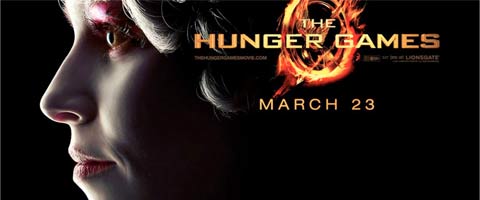
You mentioned that you’ve read the books, but is that something that you can bring to your performance in this film, knowing what comes next for your character?
The whole thing to me is the roadmap to Effie. I’ve been doing interviews with Wes Bentley, and Seneca Crane, there’s not a ton of information about him in the books, so he really got to play and create someone. But Effie, there’s a lot of information about Effie and so we really took all that and tried to get her essence and attitude on screen and I think that we did a good job of it.
That in mind, knowing how precious this book is to people including yourself, do you feel a strange pressure when it comes to adding to the character?
We did add. I was really confident that we had a handle on her. I knew that we were putting together something that at least I felt comfortable for the fans, for myself for Gary [Ross] – the director – and Suzanne Collins. We cannot please everyone else beyond that, you know? We can hope for consensus that we did a good job, but there’s no way that we’re ever going to get it right for everybody. So you just have to get it right for yourself, for ourselves. Once we had that there was this great sense of play because I had her point of view. I knew exactly the type of person that she was and what she cared about. So there are a few little great improv lines that I’m really excited about, that I love.
I know you’ve worked with Gary Ross before, but because this is such a different project was he a different kind of director?
You know, I was low man on the totem pole on Seabiscuit, and on this one I was not so low on the totem pole [laughs]. It was like old hat, so that was good [laughs]. The great thing for me and Gary, I think, is that we had a great trust in each other. So he was like, “If Banks is good, do your thing.” He was really able to focus on the character and the young people, some of whom were making their first movie. He had bigger fish to fry, in other words. We have a great shorthand and a good ease with each other about everything. I was so excited when he got the job because he’s such a great storyteller. He comes from writing, he sees the whole movie while he writes, he’s deeply involved in subtlety. We had a great conversation about the book and how much we loved all these little details and so I knew that was what he was going to go for with pulling out the little details. That’s what makes a very specific movie. This isn’t just some kids in a battle royale. It’s a very emotional movie because Gary paid attention to those tiny details.

Eric Eisenberg is the Assistant Managing Editor at CinemaBlend. After graduating Boston University and earning a bachelor’s degree in journalism, he took a part-time job as a staff writer for CinemaBlend, and after six months was offered the opportunity to move to Los Angeles and take on a newly created West Coast Editor position. Over a decade later, he's continuing to advance his interests and expertise. In addition to conducting filmmaker interviews and contributing to the news and feature content of the site, Eric also oversees the Movie Reviews section, writes the the weekend box office report (published Sundays), and is the site's resident Stephen King expert. He has two King-related columns.
